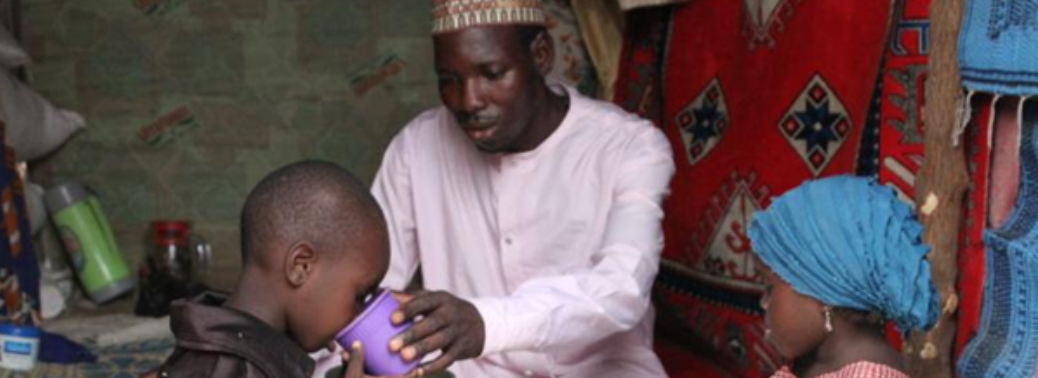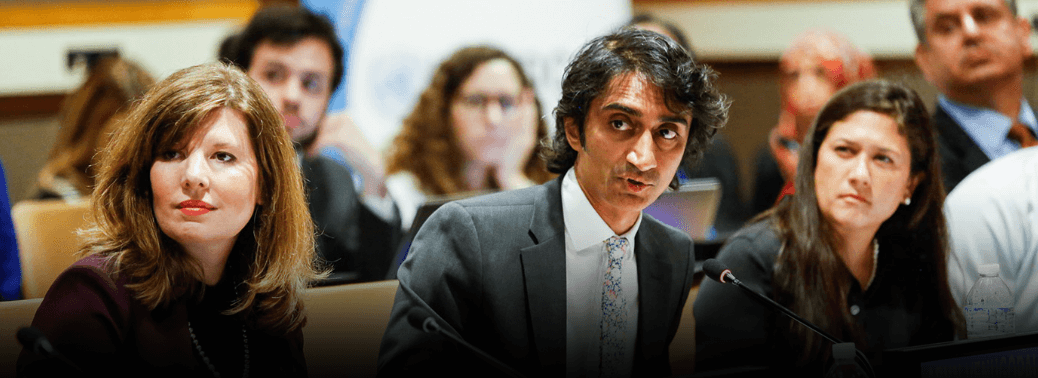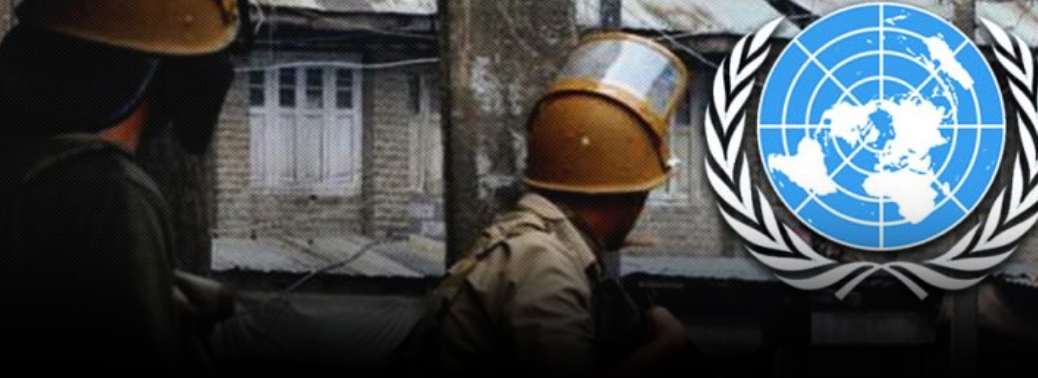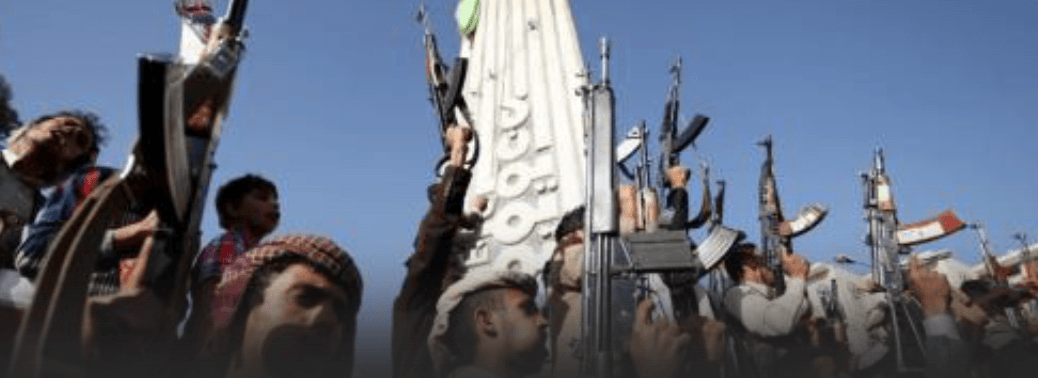Category: United Nations Organisation
UN LAUNCHES ‘FEED OUR FUTURE’ CINEMA AD CAMPAIGN IN INDIA
24, Oct 2019

Why in News?
- The United Nations World Food Programme (WFP) has joined hands with Bollywood in India and launched a cinema advertisement campaign ‘Feed Our Future’ to raise awareness and take steps against hunger and malnutrition in India.UNWFP believes that this ad campaign will help them to spread the message of zero hunger among Indians.
About ‘Feed Our Future’ campaign:
- It is an advertising campaign launched by the World Food Program against hunger and malnutrition. The ad shows the reality that millions of people facing across the world. ‘Feed Our Future’ focuses on the urgent attention for the critical issue of hunger and malnutrition in the country.
- The ad shows that the world has to face great loss when children’s voices are silenced due to hunger. The visual content shows the group of Syrian refugee children of the local community playing in the ruins of bombed-out buildings.
About WFP:
- The World Food Programme (WFP) is the food assistance branch of the United Nations and the world’s largest humanitarian organization addressing hunger and promoting food security.
- The WFP strives to eradicate hunger and malnutrition, with the ultimate goal in mind of eliminating the need for food aid itself.
- It is a member of the United Nations Development Group and part of its Executive Committee. The WFP is governed by an Executive Board which consists of representatives from member states.
- WFP was established in 1961 when the Food and Agricultural Organization (FAO) decided to form an autonomous body for global food security in 1960. Its headquarters is located in Rome, Italy.
- WFP pursues a vision of the world in which every man, woman and child has access at all times to the food needed for an active and healthy life.
- The WFP operations are funded by voluntary donations from world governments, corporations and private donors. WFP food aid is also directed to fight micronutrient deficiencies, reduce child mortality, improve maternal health, and combat disease, including HIV and AIDS.
UN CONVENTION ON HATE SPEECH
18, Jun 2019

- United Nations (UN) Committee on the Elimination of Racial Discrimination (the CERD) conducts discussion on “Hate Speech” in the context of the International Convention on the Elimination of All Forms of Racial Discrimination (the Convention) to enhance understanding of the causes and consequences of racist hate speech.
- The Universal Declaration of Human Rights both prohibits discrimination and protects freedom of expression. It is well-established in international human rights law that the right to freedom of expression, though not absolute, is a fundamental right which may only be restricted in certain limited circumstances.
- The conditions in which restrictions are allowed are set out in Article 19(3) and 20 of the International Covenant on Civil and Political Rights (ICCPR), as well as numerous regional treaties also ratified by many States parties to the Convention.
INDIA CUTS OFF UN PANEL AFTER JAMMU & KASHMIR REPORT
21, May 2019

Why in News:
- The Office of the UN High Commissioner for Human Rights (OHCHR) recently published its first ever report on Jammu and Kashmir including PoK. India reacted angrily to a submission from the Geneva-based Human Rights Council (HRC) on the alleged violations in Jammu and Kashmir.
Details:
- This report has opened up controversies over the territory dispute between India and Pakistan. This report has been in production since 2016, after a new wave of violence hit the Kashmir Valley. India had also rejected the OHCHR’s report on the ‘Situation of Human Rights in Kashmir’ the first-ever such report on Jammu and Kashmir and accused the High Commissioner of Human Rights Zeid Ra’ad Al Hussein of “clear bias” in bringing it out.
Controversies in the report:
- The report has criticised India on how it handled the protests and extra judicial killings, using hard tactics. The report has also used less harsh terms such as armed group and leader of armed group, instead of militant group and terrorist as regarded by the Indian Security Forces. The report has also recommended removal of the Armed Forces (Special Powers) Act for its alleged human rights violations.
Public Safety Act in Jammu and Kashmir:
- The act was brought into effect in 1978, primarily to adopt a tough measure against timber smuggling in the state. It was much later that the act was frequently used to control militancy-related incidents.
- Under this act, the government can declare any area as ‘protected’ and exercise authority to regulate entry of any citizen in the protected area. Attempts to forcefully enter the designated areas invite prosecution.
-
The Public Safety Act gives Jammu & Kashmir government the power to detain anyone who
acts “in any manner prejudicial to the maintenance of public order”. - An individual faces the risk of being detained if he or she is found “promoting, propagating, or attempting to create feelings of enmity or hatred or disharmony on grounds of religion, race, caste and community”. This detention without trial happens under the pretext of maintaining public order.
Amendments made to Public Safety Act
- Pre-trial detention period was reduced from two years to six months.
- The provision for detention of individuals “acting in any manner prejudicial to the maintenance of public law” was made less stringent.
- It introduced the rule that minors (below the age of 18) cannot be detained under the PSA.
Article 370
- Article 370 of the Indian Constitution is a ‘temporary provision’ which grants special autonomous status to Jammu & Kashmir.
- Under Part XXI of the Constitution of India, which deals with “Temporary, Transitional and Special provisions”, the state of Jammu & Kashmir has been accorded special status under Article 370. All the provisions of the Constitution which are applicable to other states are not applicable to J&K.
Important provisions under the article:
- Indian citizens from other states cannot purchase land or property in Jammu & Kashmir.
- Under Article 370, the Centre has no power to declare financial emergency under Article 360 in the state.
- It can declare emergency in the state only in case of war or external aggression. The Union government can therefore not declare emergency on grounds of internal disturbance or imminent danger unless it is made at the request or with the concurrence of the state government.
- Under Article 370, the Indian Parliament cannot increase or reduce the borders of the state. The power to make laws related to preventive detention in Jammu and Kashmir belong to the Legislature of J & K and not the Indian Parliament. Thus, no preventive detention law made in India extends to Jammu & Kashmir.
- Part IV (Directive Principles of the State Policy) and Part IVA (Fundamental Duties) of the Constitution are not applicable to J&K.
HOUTHIS BEGIN PULLOUT FROM PORTS IN HODEIDAH
12, May 2019

Why in News:
- Yemen’s Houthi movement started withdrawing forces from Saleef port in Hodeidah under a UN- sponsored deal.
Details:
- The move, which is yet to be verified by the UN and accepted by the Saudi-led coalition, is the first major step
- UN teams were overseeing the Houthi redeployment in Saleef, used for grain, as other teams headed to the second port of Ras Isa, used for oil, to start implementing the Houthi withdrawal.
Background:
- The security situation in Yemen deteriorated after the Shia Houthis rebels had seized power by dissolving Yemen’s government and parliament in January 2015.
- Since then rebels had taken control of key government buildings in capital Sanaa including Presidential Palace. They also had taken control and seized city of Taiz, third largest city of Yemen.
How bad is Yemen’s humanitarian situation?
- Since the Saudi intervention in 2015, at least 10,000 people have been killed in Yemen, according to the WHO. The widespread damage caused to infrastructure by the coalition airstrikes and lack of supplies of food and medicines due to the blockade have pushed Yemen into a humanitarian catastrophe. About 12 million people are at the risk of starvation if aid doesn’t reach them fast. The country has also seen a massive cholera outbreak. A child dies every 10 minutes in Yemen from preventable causes, says UNICEF






